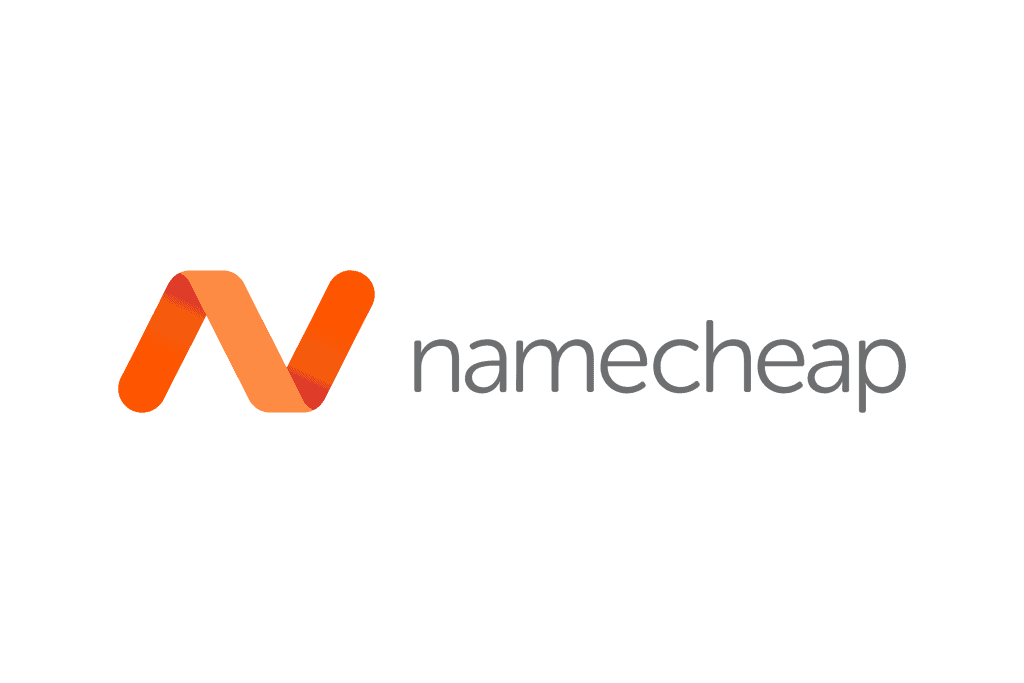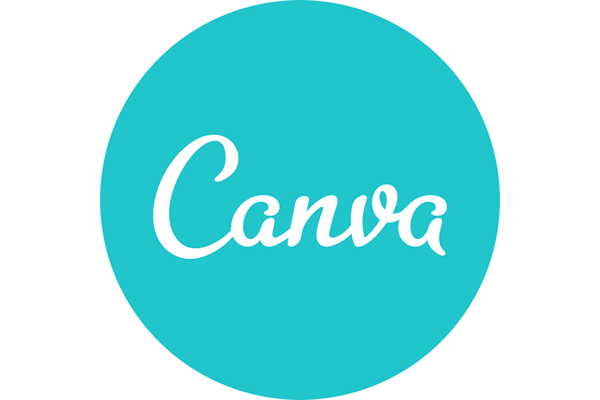Success in business can be narrowed down to strategy, execution, and timing. While some success can also be attributed to luck, most of it comes down to having the right system in place.
Having the right set of tools to help you manage your business effectively and efficiently is what sets apart the leaders in every industry. They invest in software to help them be more productive—helping them generate more sales while reducing their costs at the same time.
Disclaimer: Some of the links below are affiliate links. This means that if you buy one of them we will receive a commission for the sale. Nonetheless, I have and do use all the tools linked below and recommend them because I find them great, regardless of whether or how much they pay us.
P.S. Also make sure that you need these tools to achieve your goals, don’t spend your resources on things you don’t need.
Get Your Business Online
Having a presence on social media is okay. But the fact is you are only renting on these platforms. I’m sure you’ve heard and even experienced how reach on Facebook and Instagram is constantly going down.
When they make changes, you get affected immediately. If they decide to close down shop, like many social networks before them, you lose everything. When these networks want you to pay (i.e. advertise) in order to reach people, you’ll have little to no choice to do so.
That’s why it’s important that you have your own website to act as the hub of everything you do online. The reason is simple: more than 80% of consumers research online before buying something. If you are not present in that process, you’re already behind your competitors.
Imagine buying a laptop online. After some initial research, you find the specs you want and the specific brand. You narrowed down your choice to two suppliers. One is only present on Facebook, while the other is also on Facebook but also has a website with eCommerce functionality. All things being equal, you’ll most likely buy from the one with a website.
So, what makes you think your potential customers behave differently than you?
A website is not a luxury, especially for small businesses. Today, it’s a requirement. Going back to our thought experiment earlier, having no website hurts you even more. Also, a website is something you control and own. Unlike when you focus solely on Facebook or Instagram, you are merely “renting” on the platform. No doubt you experienced your organic reach continuously drop. That’s because you’re at the mercy of their algorithms.
A website helps build your brand without you having to do anything else. The fact that you have one for your business sends a signal that you’re not just a random, shady stranger from the internet. Even if you take a vacation, your website will do its job on educating prospects and eventually help you get new customers.
This is why every business needs to invest in a website. Contrary to popular belief, you don’t need to spend a fortune nor invest in a lot of time creating one. In fact, I only spent approximately PhP 2,500 for this website and took me 1.5 hours to launch it. Below are some of the most recommended names to help you get started.
Think of it as owning a house as opposed to renting one. In the long-term, owning your own house outweighs any other benefits renting has in the short-term.
Below are the basic things you need to get started with a website.
The first thing you need in order to build your presence online is a domain. Namecheap is one of the trusted domain registrars where you can search for domain availability you can use for your business. Head over to their site and search for domain availability.
Inmotion Hosting is one of the most affordable web hosting providers out there. I’ve been using them since 2014. While they may not be the best provider in terms of speed, I can vouch for their customer support. Every time I encounter issues I can’t resolve, their team always helps me get unstuck.
Elementor is one of the most popular drag-and-drop website builders for WordPress. I wasn’t a fan of page builders since my experience with other brands has been terrible. Page builders are known to add bloat on every page of the website, which results in poor loading times. But Elementor blew my mind. That’s why I’m using the Elementor Pro (paid upgrade from the regular Elementor) on this site.
Security and Privacy
Hacking and data breaches are constantly on the news. The reason is most people mistakenly assume that just because they are not popular nor part of a big business they won’t be targeted by cyber crimes.
Unfortunately, hackers don’t target specific people. In fact, the vast majority of cyber attacks are indirect or untargeted. Imagine a shotgun as opposed to a sniper rifle. So no, you are not targeted as an individual; but it also doesn’t stop you from getting hacked.
You probably have a Gmail account. How many other online accounts do you have that use that same password? Facebook, Twitter, your online banks, your Apple ID, your work email. And if this is only the first time you’re thinking about this, the most likely answer is that all of those accounts have the same usernames and passwords.
And that’s where the problem lies. Only one data breach can allow a hacker to access all your accounts. That’s why it’s absolutely necessary that you protect yourself and lower your risks of getting hacked. Below are some of the tools I use to reduce my risks.
LastPass is my go-to password manager. I’ve been using it since 2018. That means, since then, I never have to remember and re-use my passwords across all my accounts.
From a business perspective, LastPass allows me to share my accounts without that person seeing my password. How cool is that? I don’t have to worry about them changing my password and me losing access to it.
NordVPN is one of the top-rated VPNs in the entire world. If you’re worried about privacy and security issues, especially when working in cafes or traveling, a VPN is something you should seriously consider getting.
Digital Marketing
One of my favorite quotes of all time is by Jimmy Wales, cofounder of Wikipedia.
If it in’t on Google, it doesn’t exist.
Whether you believe it or not is irrelevant, because it’s true. People search online for pretty much anything under the sun. If they are searching for your name and they can’t find it on Google, it sends a signal that you may simply be just a scammer and not a real business.
Digital marketing is a very big industry by itself. Here are the top tools I use daily on my business or on my clients.
SEMRush is the ultimate marketing toolkit. I use it for everything—from keyword research, spying on competitors, creating SEO-optimized content, sharing on social media, and even link building.
Canva is one of the most prominent names when it comes to graphic design software. If you want to easily create visuals for your website or social media, then Canva is the perfect companion for your business. Whether you’re on mobile or in front of your computer, their templates can help you design anything in minutes.
Email Marketing and Lead Generation
There is a saying in marketing that continues to hold true:
The money is in the list.
I strongly believe that will continue to hold true in the future as well. With companies around the world investing so much in data analytics, the industry is still in its growth stages. All those advanced analytics and big data all start with having a database. Or more specifically, an email list where prospect and customer data lives.
Without this single repository of data, you won’t be able to gather data and generate insights you use to make informed business decisions.
ConvertKit is the new kid on the block when it comes to email marketing. But don’t be fooled. This tool can help you easily build workflows and automated nurturing sequences to keep your audiences engaged.
Elementor Pro is a premium upgrade of the free Elementor page builder. I strongly recommend Elementor Pro because it allows you to build your own landing pages, forms, and link it to popular email marketing services such as ConvertKit. This is exactly the setup I’m using on this website.








